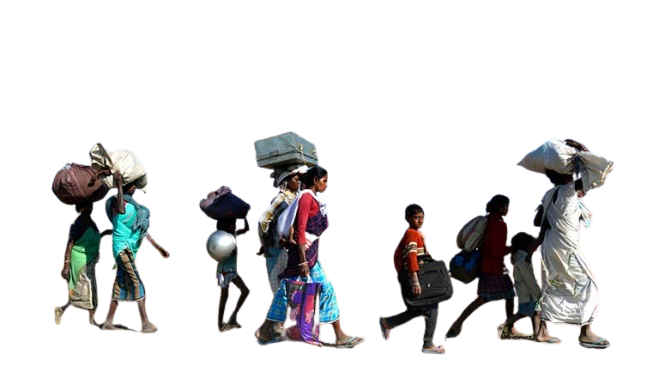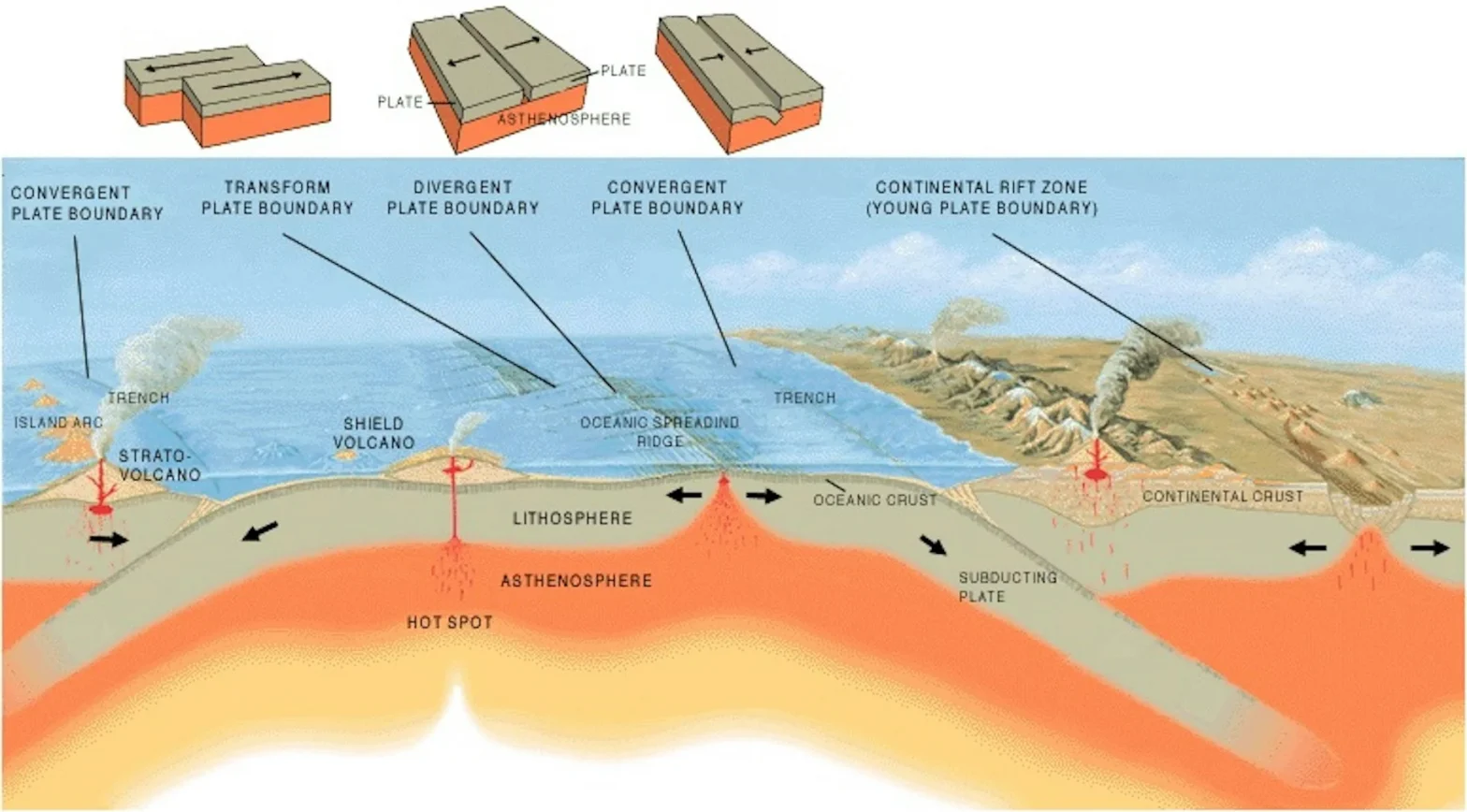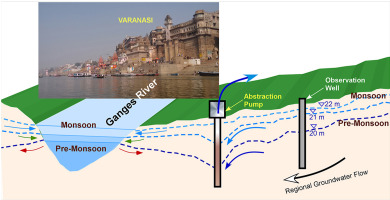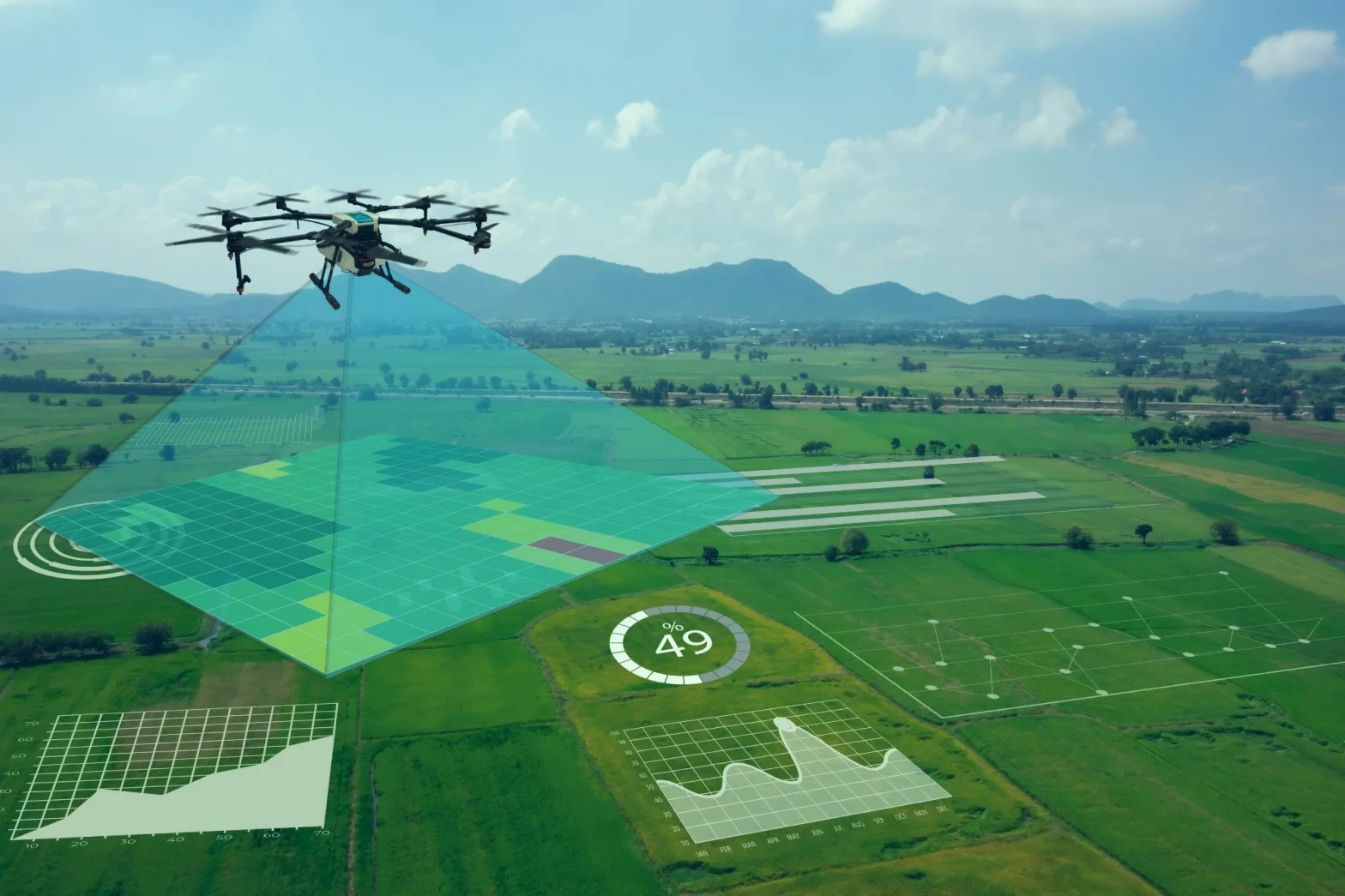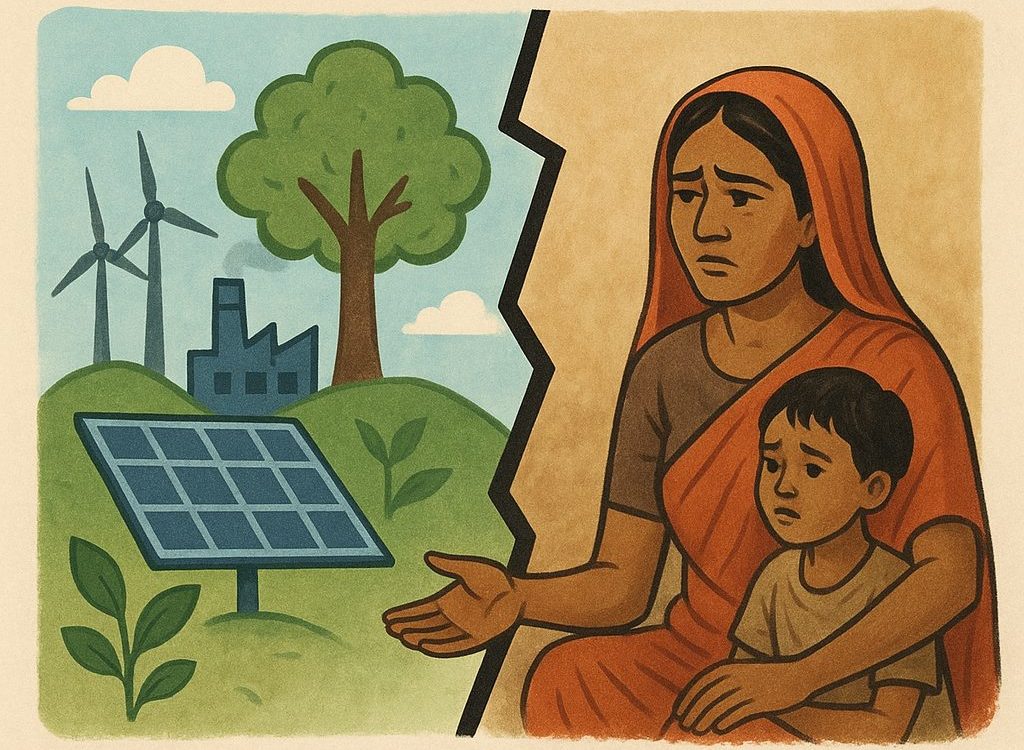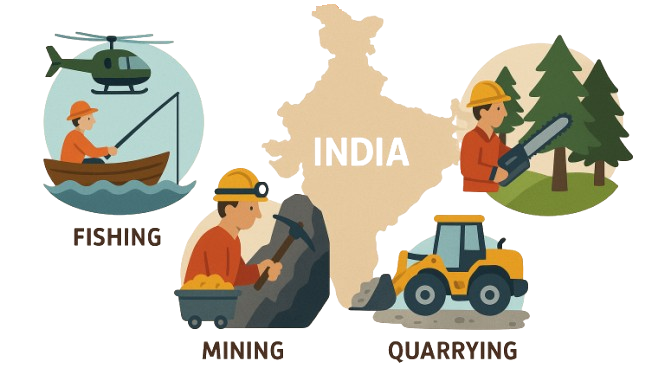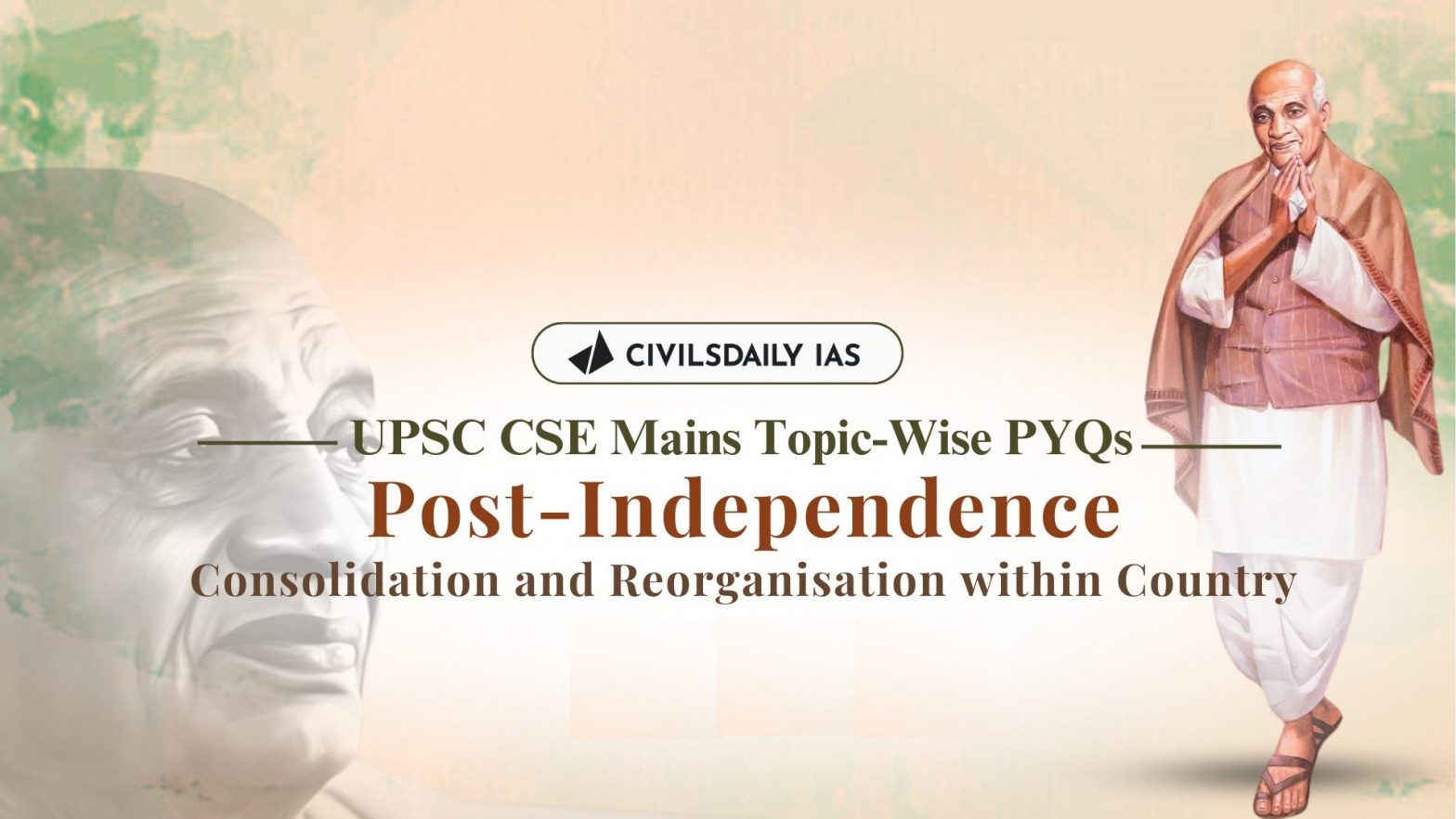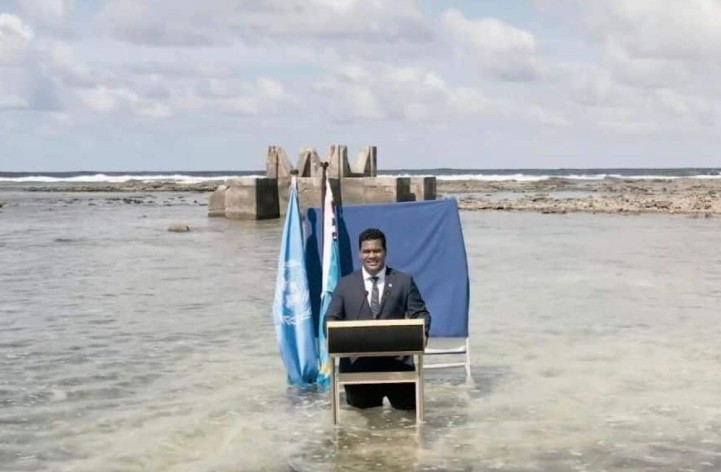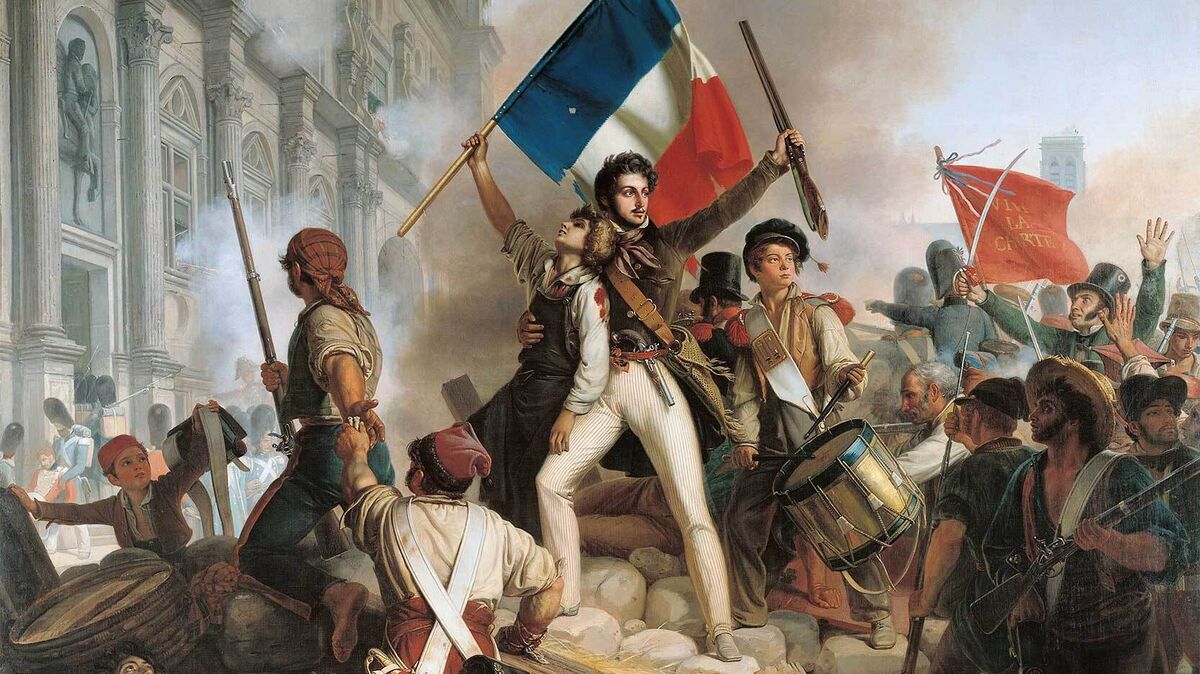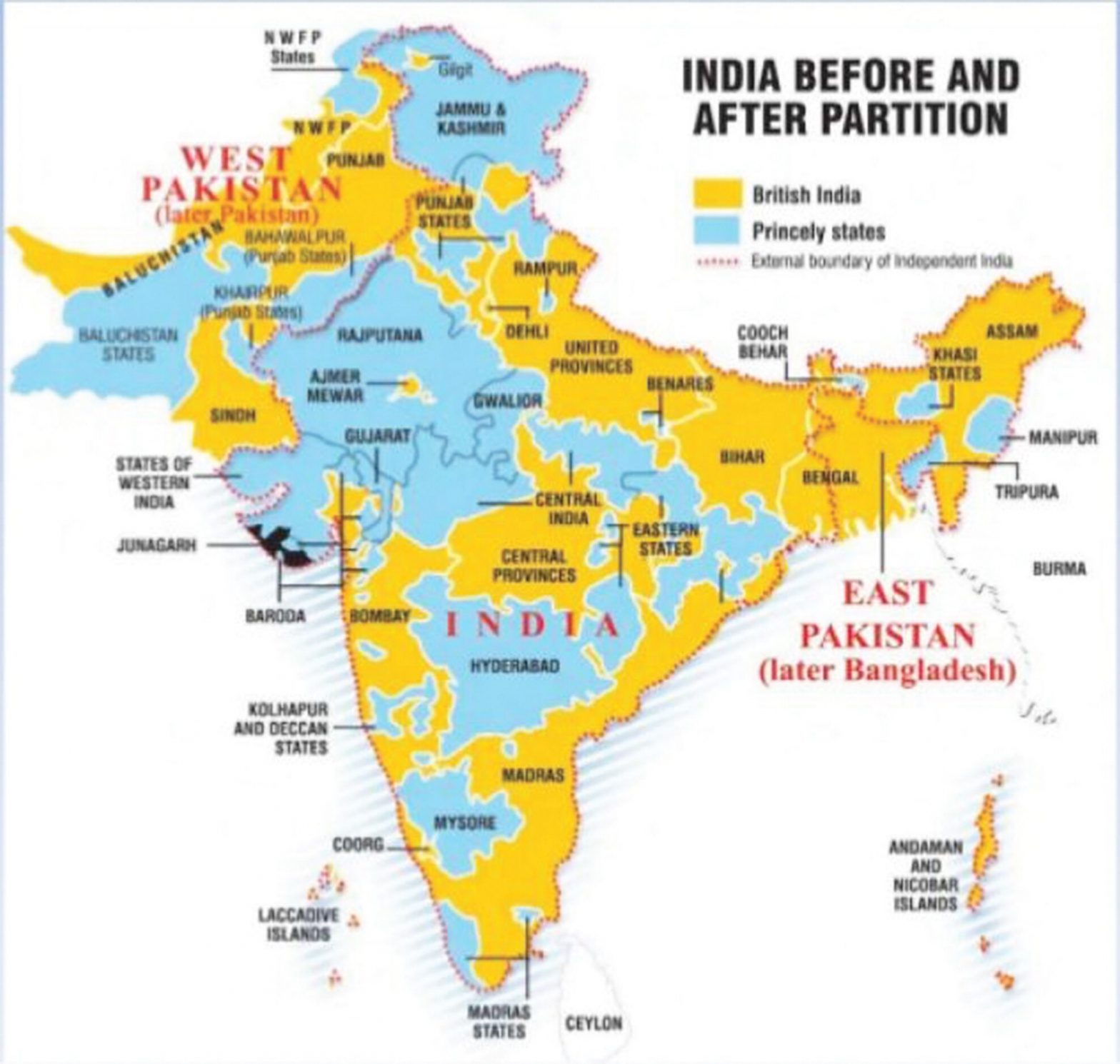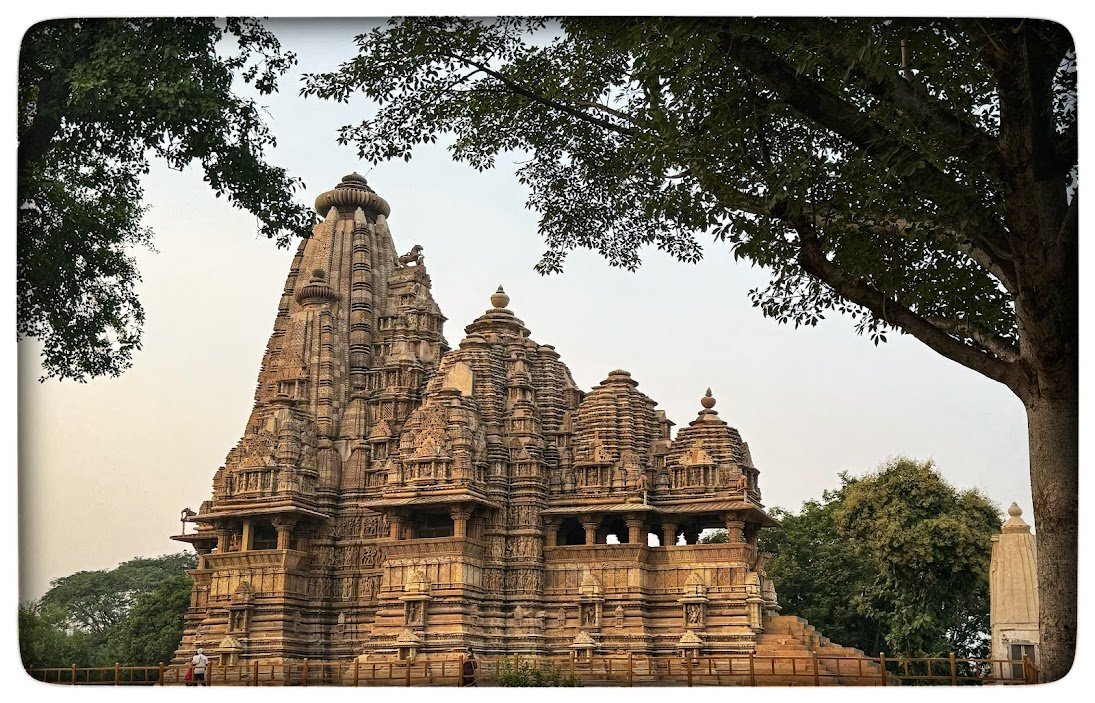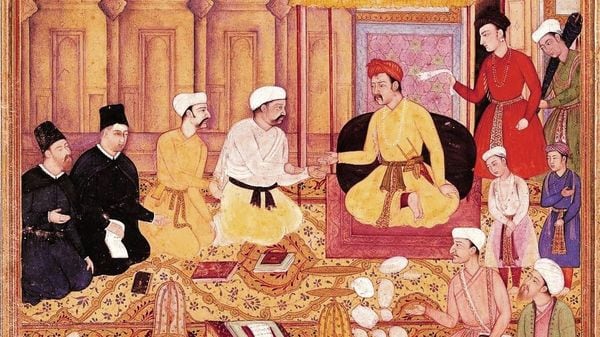[2025 GS1 UPSC MAINS] Does tribal development in India centre around two axes, those of displacement and of rehabilitation? Give your opinion. (15 Marks)
Smash 2025 FLT 05Q8. Empowerment of tribal communities requires shifting from top-down policies to bottom-up participation. Examine the extent to which current governance models enable this shift. PYQQ. Given the diversities among tribal communities in India, in which specific contexts should they be considered as a single category? (2022) Tribal communities (8.6% of India’s population,… Continue reading [2025 GS1 UPSC MAINS] Does tribal development in India centre around two axes, those of displacement and of rehabilitation? Give your opinion. (15 Marks)
